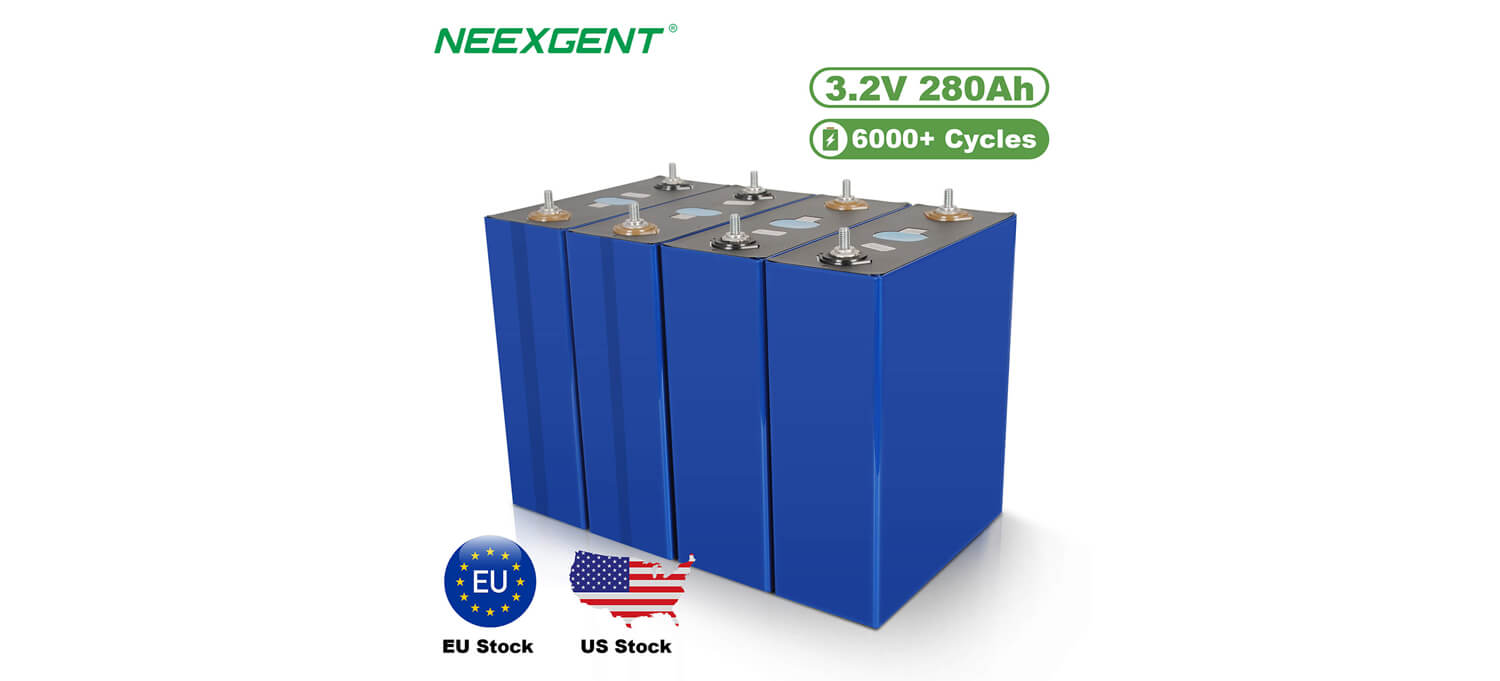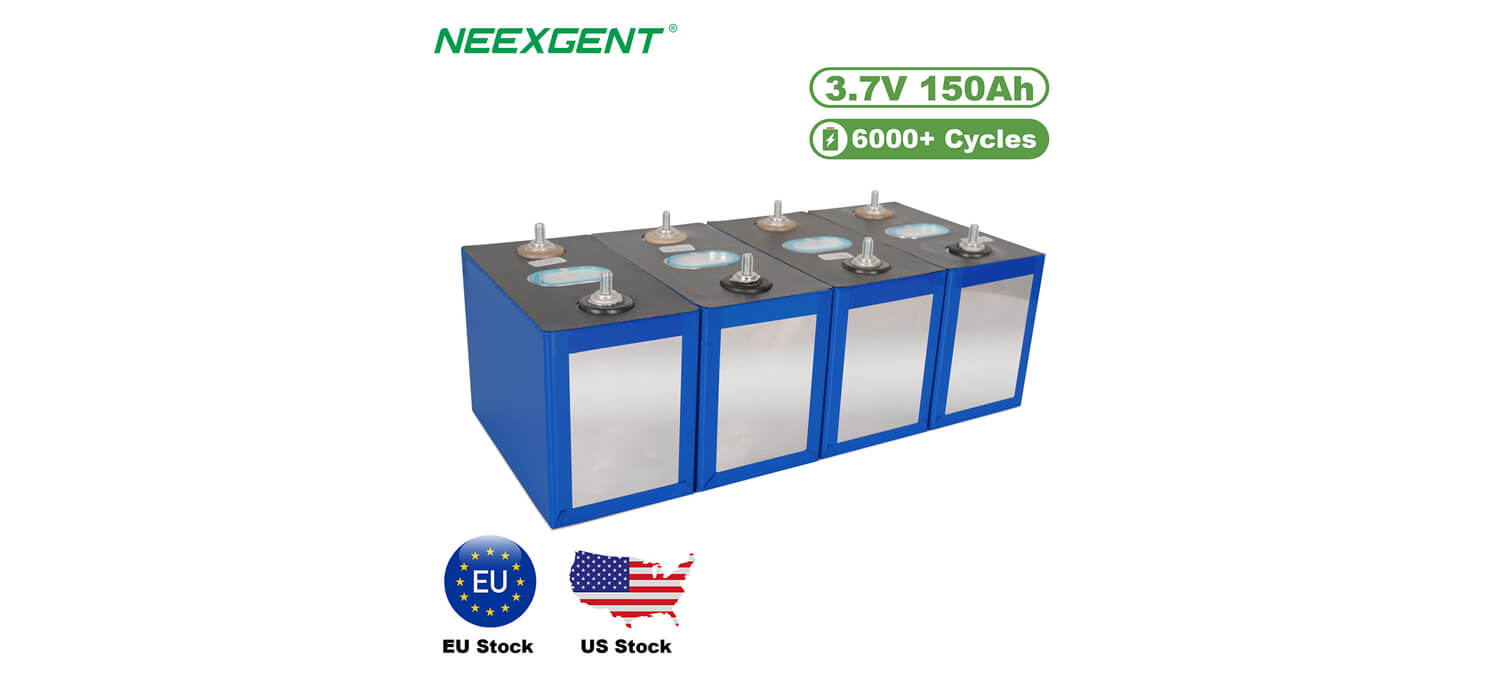Contents:
In recent years, Belgium has seen a significant increase in the adoption of Lithium Iron Phosphate (LiFePO4) batteries, a trend driven by the nation’s growing focus on renewable energy and sustainable solutions. These batteries are being utilized across various sectors, from residential energy storage to electric vehicles and large-scale energy grids. Their widespread use is transforming Belgium's approach to energy management and storage.

Lithium Iron Phosphate batteries are well-regarded for their safety, long lifespan, and stability compared to other types of lithium-ion batteries. These qualities make them particularly attractive for applications that require reliable and durable energy storage solutions. In a country like Belgium, where the climate is temperate but energy demands fluctuate, having a stable and efficient energy storage system is critical.
Belgium is committed to reducing its carbon footprint and improving energy efficiency, and LiFePO4 batteries are an essential component of this transition. Their low risk of overheating, non-toxicity, and ability to withstand more charge-discharge cycles make them ideal for both small-scale and industrial energy storage systems.
One of the primary areas where Lithium Iron Phosphate batteries are making an impact in Belgium is in residential energy storage. As more households install solar panels, the demand for effective battery systems has surged. LiFePO4 batteries allow homeowners to store excess energy generated by solar panels during the day and use it during peak hours or at night, reducing dependence on the national grid.
In regions where energy costs fluctuate or peak pricing is implemented, these batteries offer substantial financial benefits. Homeowners can store cheap, off-peak electricity for later use, optimizing energy consumption and reducing utility bills. Additionally, the longevity of LiFePO4 batteries—often lasting over a decade—makes them a cost-effective investment for the long term.
Belgium’s industrial sector is also benefiting from the adoption of Lithium Iron Phosphate batteries, particularly in renewable energy projects and electric vehicle (EV) infrastructure. As the nation moves toward greener transportation solutions, LiFePO4 batteries are increasingly being used in electric buses, delivery vehicles, and even ferries. Their higher safety profile and stable discharge rates are crucial in ensuring the reliability of these public and commercial transportation systems.
Moreover, in the renewable energy sector, LiFePO4 batteries are being integrated into large-scale energy storage systems. Belgium has been actively investing in wind and solar power, but one of the challenges is managing the intermittent nature of these energy sources. Lithium Iron Phosphate batteries provide an efficient solution for balancing the grid, storing excess energy during times of high production and discharging it when needed.

Belgium’s government has been highly supportive of renewable energy initiatives and has implemented several incentives for adopting battery storage systems. Subsidies, tax breaks, and grants for residential and commercial energy storage solutions have made it easier for individuals and companies to invest in LiFePO4 battery technology.
The government’s focus on sustainability, combined with the European Union’s Green Deal, has spurred Belgium to accelerate its transition to clean energy. LiFePO4 batteries are an integral part of this movement, helping to decarbonize energy production and enhance energy independence.
The future of Lithium Iron Phosphate batteries in Belgium looks promising. As battery technology continues to improve, costs are expected to decrease, making these systems even more accessible to the average consumer. Belgium’s push toward sustainability, combined with its commitment to technological innovation, suggests that LiFePO4 batteries will remain a cornerstone of the country’s energy strategy for years to come.
In conclusion, the widespread use of Lithium Iron Phosphate batteries in Belgium is a clear indication of the nation’s commitment to clean energy and technological advancement. From homes to industries, LiFePO4 batteries are playing a crucial role in reshaping Belgium’s energy landscape, providing reliable, safe, and cost-effective energy storage solutions. As the country continues to focus on reducing its carbon footprint and improving energy efficiency, the adoption of LiFePO4 batteries will likely continue to grow, driving Belgium closer to its environmental goals.
FAQ
How is LiFePO4 different from other lithium-ion batteries?
LiFePO4 batteries are safer and more stable, with a lower risk of overheating. They also have a longer lifespan, making them ideal for energy storage and electric vehicles.
Are LiFePO4 batteries environmentally friendly?
Yes, LiFePO4 batteries are considered eco-friendly since they don’t contain harmful heavy metals like cobalt or nickel. Their long lifespan also reduces battery waste.
How do LiFePO4 batteries perform in cold weather?
LiFePO4 batteries work in various temperatures, but performance can decrease in extreme cold. Insulation or heating systems may be needed to maintain optimal performance in winter.
Can LiFePO4 batteries be used with solar power systems?
Absolutely. LiFePO4 batteries are compatible with most inverters and charge controllers, making them an excellent choice for storing solar energy in homes or businesses.
What is the typical lifespan of a LiFePO4 battery?
LiFePO4 batteries typically last between 10 to 15 years, enduring thousands of charge and discharge cycles, which makes them highly durable for energy storage applications.







